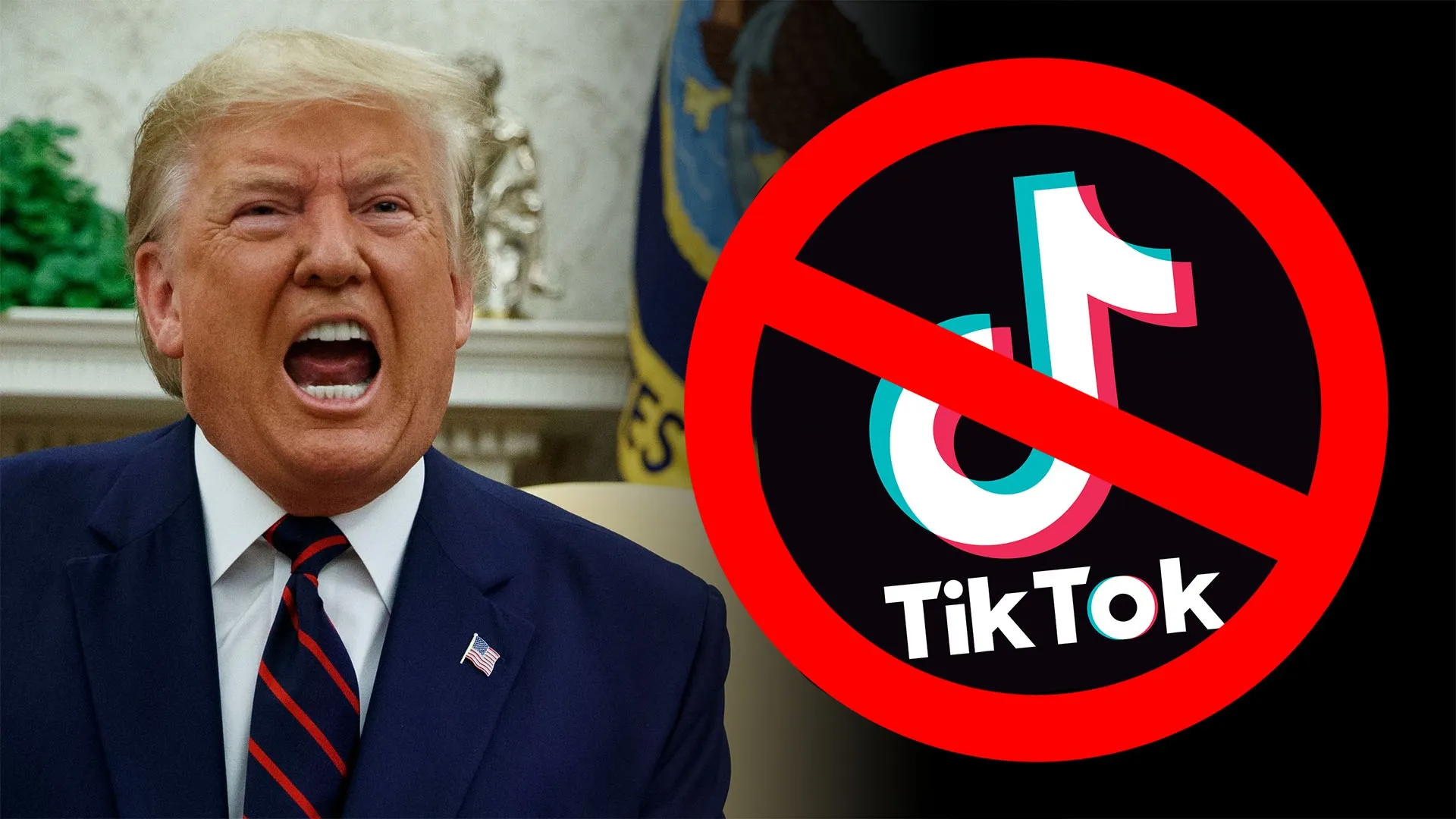In a surprising turn of events, former President Donald Trump, known for his stringent stance against the Chinese-owned social media app TikTok, appears to have softened his position following a meeting with a major TikTok investor. This pivot highlights the complexities of politics, technology, and investment intersecting at the highest levels of power.
Key Highlights:
- Trump previously considered banning TikTok, citing national security concerns due to its Chinese ownership.
- A meeting with a significant TikTok investor seems to have influenced his perspective.
- Discussions around the security and influence of Chinese technology continue to dominate U.S. policy debates.
Background and Current Stance
In 2020, the U.S. government, under Trump’s administration, announced considerations to ban TikTok, pointing to potential national security threats due to its ownership by ByteDance, a company based in China. The administration’s efforts included an executive order demanding ByteDance to divest its TikTok operations in the United States, sparking a series of legal challenges and debates over the app’s future.
However, recent developments suggest a shift in Trump’s approach. While explicit details of Trump’s meeting with the TikTok investor are not publicly disclosed, such interactions are indicative of the ongoing negotiations and reassessments concerning TikTok’s operation in the U.S. The investor in question, Jeff Yass of the Susquehanna International Group, has significant financial stakes in TikTok and has recently been active in political contributions, particularly towards individuals and causes that could potentially influence policy directions favoring TikTok’s continued operation in the U.S.
Continued Concerns and Political Responses
Despite the change in Trump’s stance, concerns about TikTok’s ties to the Chinese government and the implications for user data security remain a hot topic among U.S. lawmakers. Senator Mark Warner, acknowledging Trump’s initial reservations about TikTok, has expressed continued apprehension about the platform’s influence and the broader risks associated with Chinese technology firms operating in the U.S.
The Role of Investors in Shaping Policy
Understanding how investors with significant stakes in companies like TikTok can influence policy and political opinion is crucial. This would involve examining the political contributions and advocacy efforts of major investors and their impact on legislative and executive decisions regarding technology and national security.
National Security vs. Economic Interests
A deeper analysis could explore the balance between national security concerns related to foreign technology companies and the economic interests tied to these companies’ operations in the U.S. This includes looking at the potential economic impact of banning or restricting apps like TikTok and the counterarguments regarding data privacy and national security.
Implications for U.S.-China Tech Relations
This episode underscores the intricate dynamics between U.S. political figures, investors, and Chinese tech companies. It highlights the challenges of balancing national security concerns with the realities of global technology markets and investments. As the U.S. grapples with these issues, the outcomes will likely have far-reaching consequences for the tech industry, international relations, and data privacy standards globally.
Trump’s surprising reversal on the TikTok ban, following discussions with a significant investor, reflects the complex interplay of politics, business interests, and national security. While the former president’s shift may offer a temporary reprieve for TikTok, it also opens up broader debates about the influence of foreign-owned technology platforms in the U.S. As discussions evolve, it will be crucial to find a balance that safeguards national security without stifling innovation or international cooperation. This development serves as a reminder of the ongoing negotiation between economic interests and national security in the digital age.






























